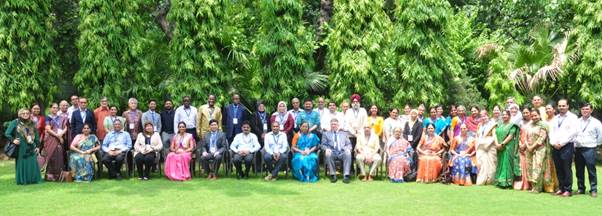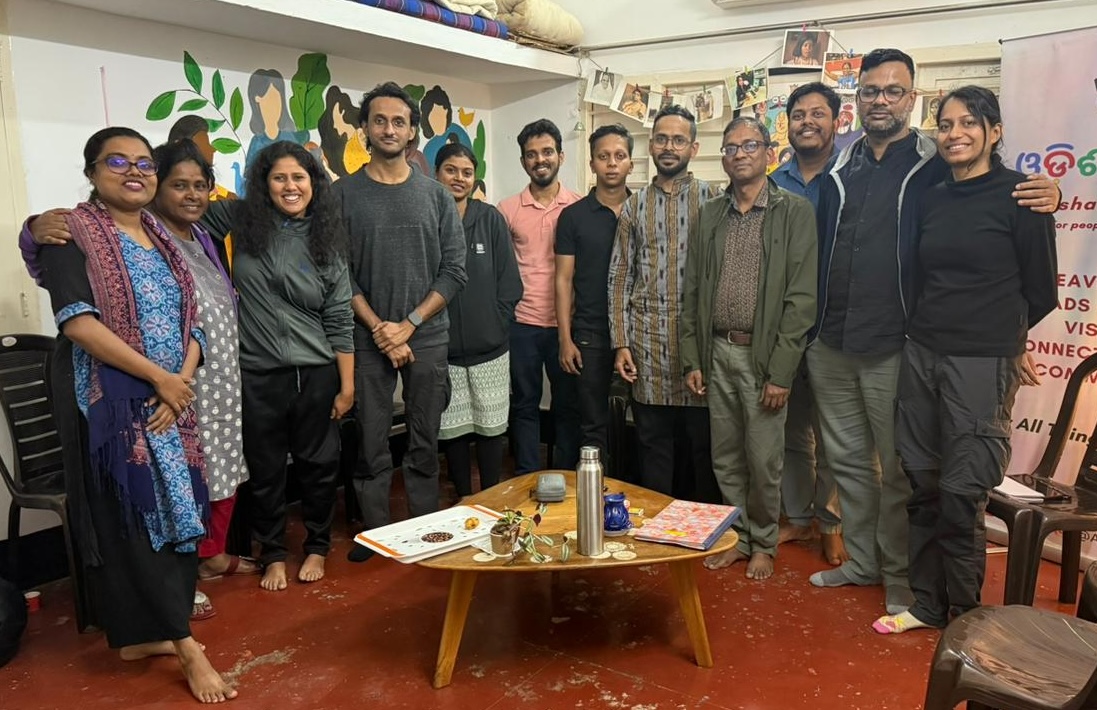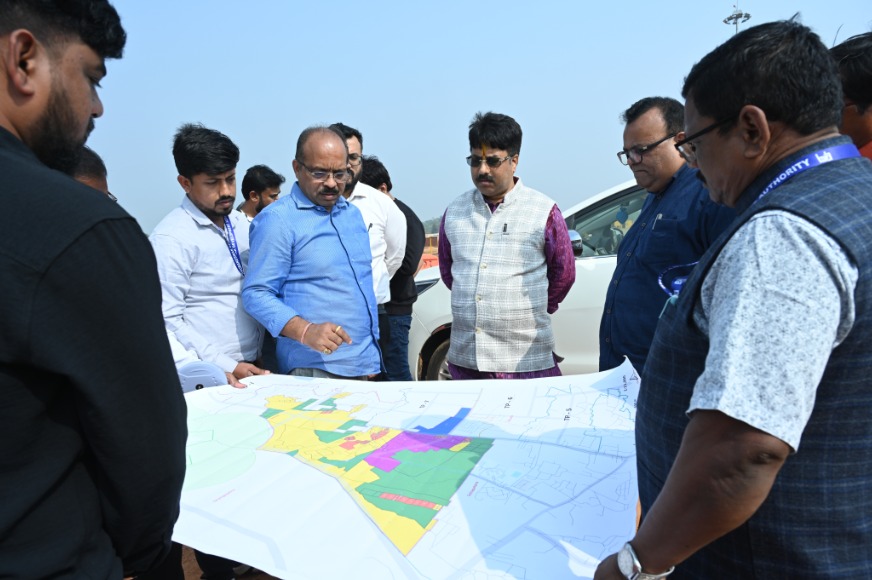New Delhi: The International Science, Technology, and Innovation Centre for South-South Cooperation (ISTIC) under the auspices of UNESCO, in collaboration with the Council of Scientific and Industrial Research (CSIR) constituents, Traditional Knowledge Digital Library Unit (CSIR-TKDL Unit), New Delhi, and CSIR-Indian Institute of Chemical Technology (CSIR-IICT), Hyderabad, is organizing a three-day STI Conclave on “Traditional Knowledge for Sustainable Livelihoods” from 29-31 July 2024 in New Delhi, India.
The Conclave was inaugurated by Dr. N Kalaiselvi, Director General of CSIR and Secretary of DSIR. The event’s Guests of Honour included Dr. D. Srinivasa Reddy, Director of CSIR-IICT, Hyderabad, and Dr. Benno Boer, UNESCO Natural Science Specialist in New Delhi. The Plenary Talk was delivered by Prof. Anant Darshan Shankar, Founder and Vice Chancellor of the Trans-Disciplinary University (TDU), Bengaluru.
The Conclave features internationally acclaimed speakers from India discussing diverse subjects such as biodiversity, traditional cultural expressions, integrative health and research, national and international policies on traditional knowledge (TK), intellectual property rights (IPR), and associated matters, with a strong emphasis on South-South Cooperation. The ISTIC-UNESCO team is led by Prof. Mohd Basyaruddin Abdul Rahman, Chairperson of the Governing Council, and Dr. Sharizad Dahlan, Director of ISTIC. The CSIR efforts are spearheaded by Dr. Viswajanani J. Sattigeri, Head of CSIR-TKDL Unit, and Dr. D. Shailaja, Chief Scientist at CSIR-IICT.
In her inaugural speech, Dr. Kalaiselvi emphasized the relevance of the Conclave’s theme, highlighting the urgent need for sustainable living practices worldwide. She stated that the Conclave provides a vital platform to raise awareness among youth about the importance and value of traditional knowledge and practices. She remarked, “Modernity is always connected to the fundamentals of our traditional knowledge, and this Conclave rightly spreads the importance of integrating traditions with modern science and technology.”
Dr. Srinivasa Reddy highlighted CSIR’s activities related to the validation, innovation, and integration of traditional medicines with modern scientific and technological interventions, underscoring their effectiveness in addressing healthcare needs for all.
Dr. Benno Boer elaborated on the importance of sustainability through education, science, and culture, and how UNESCO fosters collaboration and cooperation to empower both people and the planet. He emphasized the need to live in harmony with nature to achieve sustainable living and spoke about UNESCO’s platforms related to biodiversity and local knowledge systems that are crucial for conserving nature and sustaining livelihoods.
The Conclave aims to enhance academic and professional capabilities under the theme “Strengthening Competencies in Digitization, Preservation, and Protection of Traditional Knowledge (TK) – Intellectual Property (IP) and People’s Rights.” Participants from Indonesia, the Philippines, Nepal, the Democratic Republic of Congo, Kenya, Malaysia, and India will exchange information on challenges related to traditional knowledge in their countries and learn best practices from India and other nations in safeguarding TK.





